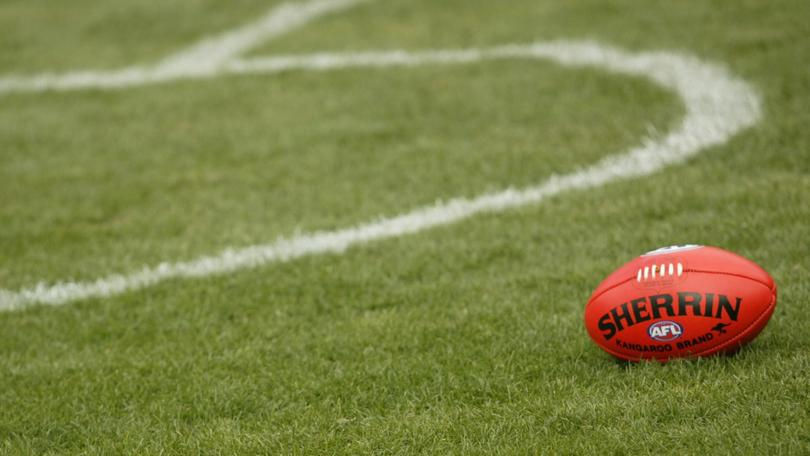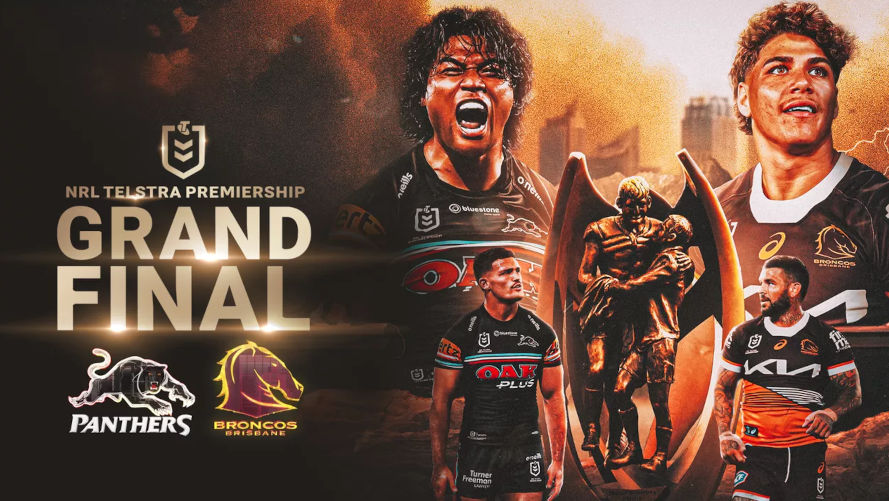daily fantasy sports articles
DFS Strategy: How to Interpret Team Selections for AFL/NRL

With summer on the way out and pre-season ramping up, the smell of footy season is well and truly in the air.
Before Draftstars hits us with some huge prize pools to bring in the new season, it’s time to brush up on our DFS strategy for AFL and NRL!
In this installment of our DFR strategy series, we will analyse how AFL and NRL team selection should influence DFS decision-making to help you become a profitable daily fantasy sports player on Draftstars.
Role Changes
While personnel changes can seem insignificant in the grand scheme of things, they can have a huge impact on the output of individuals within a team.
When looking at team selections, the idea is to think more about the influence of those selections on other players and their role within the team.
In both the AFL and NRL, players are often pushed into different positions that can either help or hinder their fantasy prospects in order to accommodate the introduction of a certain type of player.
For example, the return of an experienced midfielder to an AFL side often means that the youngster who deputised for them is forced out into a less fantasy-friendly position. The opposite also applies – the absence of a key player can pave the way for a fringe player to move into a position that bolsters their fantasy prospects.
Other common examples of this in the AFL include changes to the designated kick-in taker, movement of a ‘swingman’ from the backline to the forward line (or vice versa) and the introduction/omission of a second ruckman.
Player Matchups
Matchups have a huge bearing on the fantasy relevancy of players in both AFL and NRL slates.
While general trends and form can give you a picture of how a player might perform, direct matchups can completely change the narrative.
In the AFL, this applies right across the field. If an experienced ruckman comes up against an unblooded big man, he is highly likely to outperform his average by a significant margin.
While experience is a good way to assess a matchup in the ruck department, size comes into play at either end of the field. A key forward will be licking his lips if the opposition is undersized down back, and the opposite is true of tall intercepting defenders coming up against a small opposition forward line.
Of course, player quality is another easy way to assess who will benefit from a particular matchup. For example, if Jeremy Cameron is set to be marked by an inexperienced key defender, there is a high chance that he will have a day out.
The same applies in the NRL – players are likely to perform better when their opponent is less experienced, out of form or just generally a poor matchup.
It’s always worth being vigilant for the presence of a ‘tagger’ in an AFL line-up – a player whose sole purpose is to restrict an opposition star.
Spotting a tagger on the team sheet and correctly predicting whom they will nullify can be the piece of strategy that wins you a slate, so it’s well worth your time.
The Draftstars salary system doesn’t account for the likely matchups set up by team selections, so picking players based on this information is a great way to optimise your line-ups.
Match Outcome
Finally, changes at the selection table can swing the script of a match, and influence fantasy returns as a result.
The high-flying Penrith Panthers may enter an NRL fixture as the hot favourites, but if three of their stars are ruled out in the days leading up to the game then the opposition may stand a chance.
As such, the try scorers whom you may have discounted from your DFS thinking due to Penrith’s stingy defence may suddenly be relevant. This can often happen around State of Origin time where team selections are sometimes muddled.
Likewise, the addition of key names to a team at selection can swing the balance in their favour and make their DFS assets more viable than they would be otherwise.
It’s worth noting that Halves, Centres, Wingers and Full Backs all tend to perform better statistically when they are on the winning side.
From an AFL perspective, changes to the strength of a team at selection generally has two main impacts in terms of DFS.
Depending on which team selection benefits, defenders and forwards gain or lose fantasy relevance. If a team rockets into favouritism on the back of selection, their forwards are likely to be more appealing in DFS as the ball will spend more time down their end. Conversely, defenders are likely to see less opportunity.






